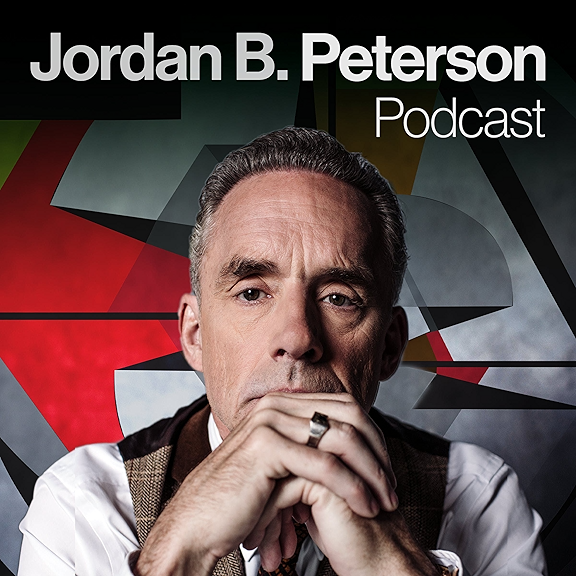
During Earth Week, we celebrate our rare and precious planet and recommit to living in ways that care for, rather than extract from, it. If we are serious about shifting how humans live together on this planet, we must acknowledge and act to address the wide overlap between systemic harm against BIPOC communities and the Earth. On a special episode of Emergency to Emergence, Sterling alum and @suny.esf graduate student, Renee Barry, urges us to consider the complex interactions between environmental perception and privilege as part of our work to bring about environmental justice. For Renee, who is deeply committed to participating in intersectional, anti-racist, and inclusive environmental action, studying the ways in which advantaged groups intersect with their environment and with environmentalism is a key part of the equation for building power, shaping policy, and affecting change. Her fresh perspective and passionate pursuit are worth listening to, especially this week, when privileged performances of environmentalism abound.
[05:20]-where does nature end and my house begin, where does me end and nature begin, learning to talk about things in less rigid ways
[09:35]-discussing how human and non-human problems and solutions can be shaped by our privilege
[12:31]-studying environmental privilege, somewhat new development in the literature of environmental justice, disproportionate social, political, economic power in creating policy and social norms
[16:39]-grief within an environmental context, emotions, feelings, reflecting on environmental problems, being brave and honor feelings
[21:35]-anti-modernism, belief of romanticizing the past, the masculine, history came out of industrial revolution, rethinking mainstream environmentalism, that takes justice into account and is more inclusive for all
[25:07]-environmental justice, idea that people of color and economic status are disportionately affected and are often not contributing to the problem as much as the privileged




















